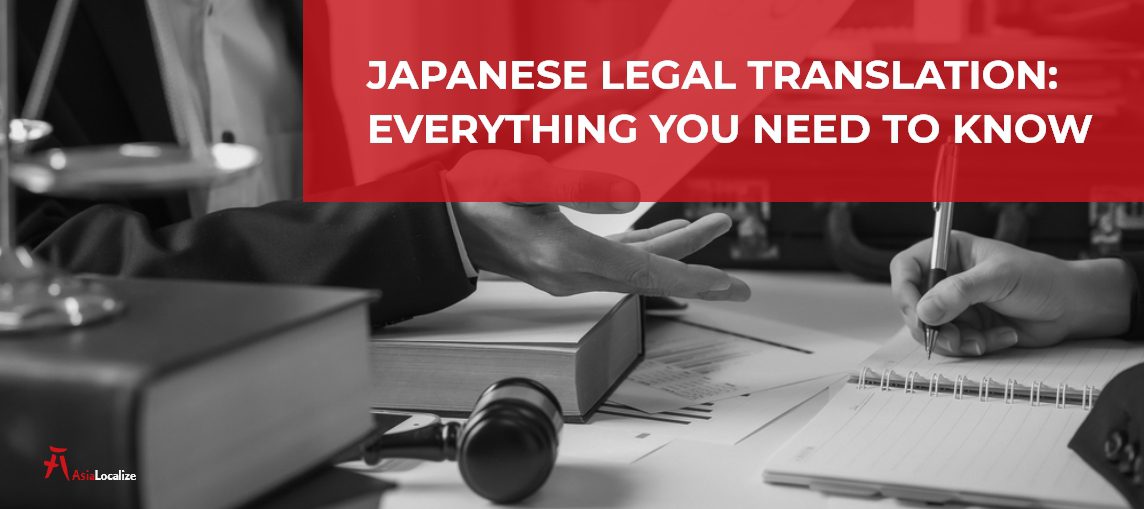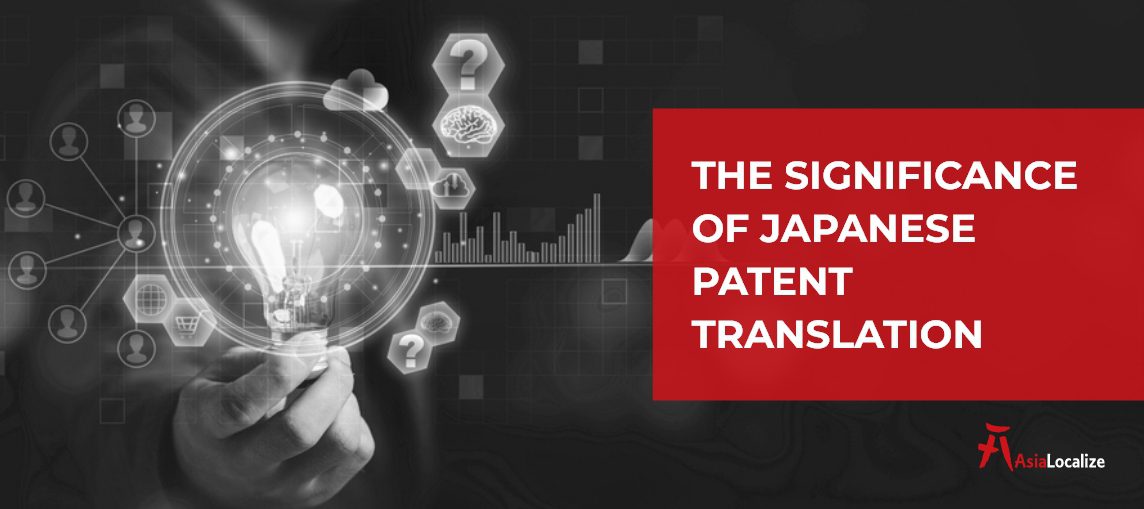Legal Translation Services
- Home
- industries
- Legal Translation Services
Expert Legal Translation Services
Legal Translation Services
AsiaLocalize is here to offer you precise and cost-effective legal translation services. Our skilled translators ensure high-quality and accurate legal translations that meet your deadlines.

Reliable Legal Translation Services
With globalization changing the contours of the law and creating new global legal institutions and norms, there is now a need for multilingual services more than ever.
AsiaLocalize understands the effect of the smallest error in a world of laws and regulations. We, therefore, hire only experienced linguists with a legal background to guarantee accurate legal translation services.


Our Professional Legal Translators
Taking into consideration that each locale has its specific legislation, rules, and regulations, our project managers assign legal translation projects to in-country legal experts. Besides their linguistic mastery, they have in-depth knowledge of the legal systems involved and the local-specific terminology.
Our glossary, in-house style guide, and terminology management system coupled with our error-proof quality assurance system guarantee flawless legal content where not a single translation mistake can be detected.
Confidential Legal Translation Services
We believe our clients’ confidentiality is of the utmost concern, especially when it comes to the sensitive nature of legal documents’ translation. AsiaLocalize assures you that your most sensitive legal documents are going to be professionally translated while remaining confidential.
Additionally, we provide your translated document in short turnaround times to meet your law firms’ or legal departments’ tight schedules.


AsiaLocalize Legal Translation Solutions
At AsiaLocalize, we provide you with exceptional-quality accurate translations for all legal documents, including:
- Contracts
- Licenses & Permits
- Patents
- Birth Certificates
- Depositions
- Trademarks & Copyrights
- Corporate Documents
- Due Diligence Materials
What clients say about our work
Legal Assistant
at Law Firm, USA
Product Manager
at Software Development Co.
Senior Manager Practice
at Management Consulting Co.
Ensuring Compliance and Precision in Legal Translation
The Significance of Japanese Patent Translation

Translate Your Legal Documents Efficiently
We guarantee you accurate, fast, and secure legal translation services. Join us now!


